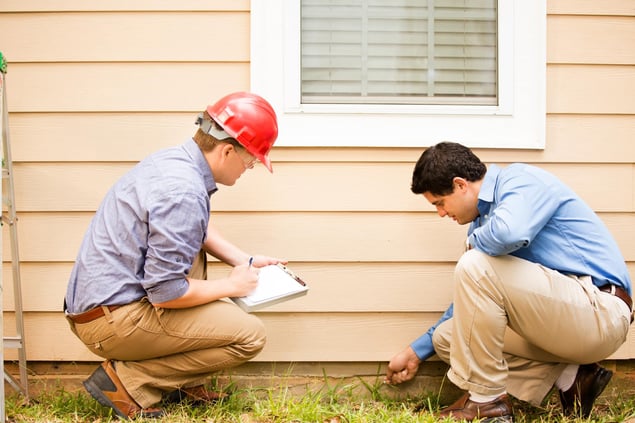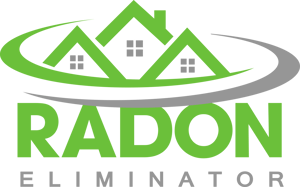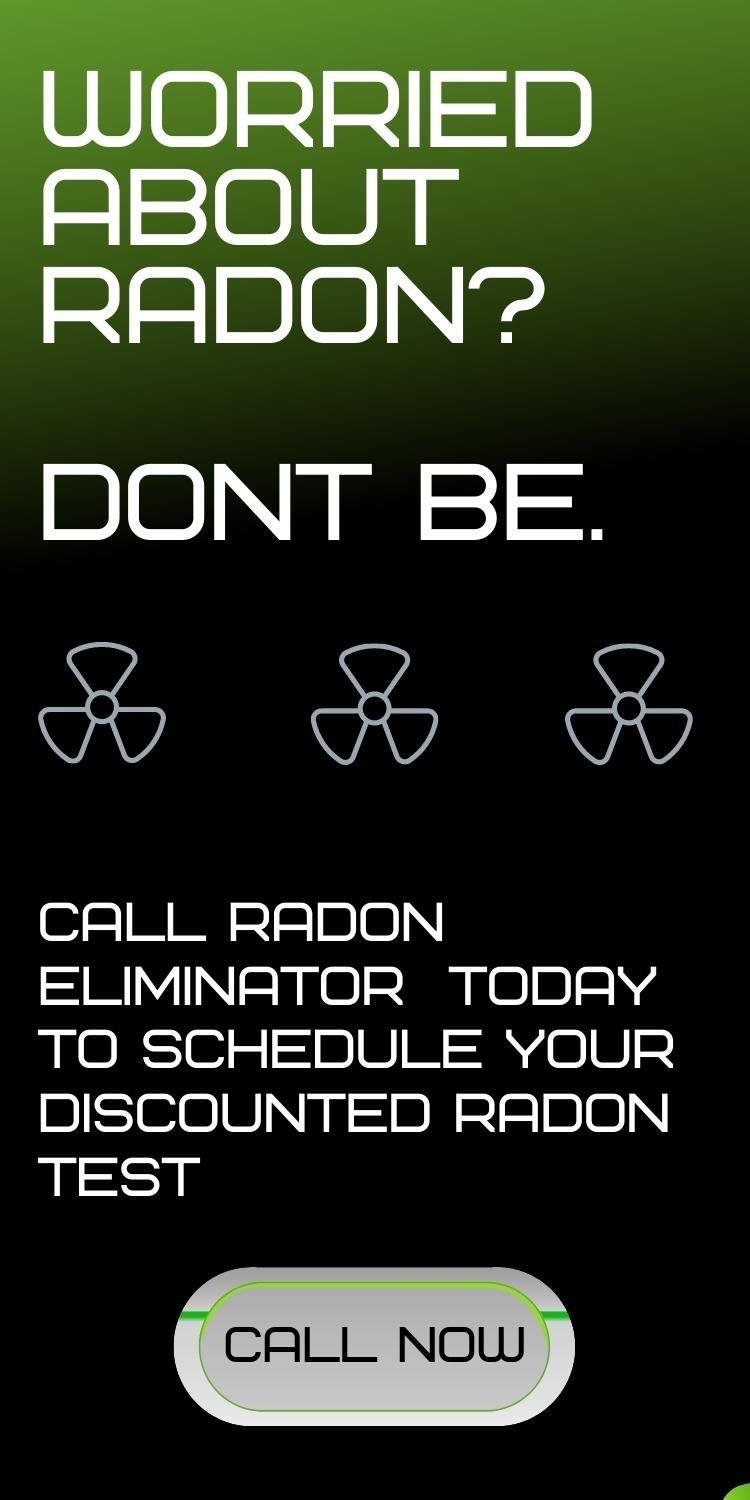With a lot of attention on lung and respiratory health because of COVID-19, it's important to know everything that can damage your lungs.
Although we spend a lot of time protecting our lungs when we leave our homes, it's still important to remember that the quality of the air inside our homes matters, too.
The air inside of your home can be majorly affected by high concentrations of radon gas.
According to the American Lung Association, indoor radon can build up to dangerous levels, increasing your risk of developing lung cancer, even in nonsmokers.
That's why every home should take advantage of radon testing, which is easy, inexpensive, and can be lifesaving.
In the article below, we will look at what radon is and if you are at risk.
Table of Contents
- What Is Radon?
- How Does Radon Cause Lung Cancer?
- Home Testing For Radon
- How to Reduce Radon Levels in Your Home
- Contact Radon Eliminator
WHAT IS RADON? AM I AT RISK FOR RADON?
Radon is a naturally occurring gas that is odorless, colorless and has no taste.
When radon is inhaled into the lungs, it can damage your lungs' lining, increasing your risk for cancer.
Radon is formed when uranium, thorium, or radium break down in the water, rocks, and soil.
According to the Centers for Disease Control and Prevention (CDC), Radon gas is then released into the dirt beneath your home.
Once in the dirt, the radon gas will enter your home through cracks and holes in the foundation or, less commonly, through well water and building materials.
And just because you've never heard of it doesn't mean it's rare.
In fact, about 1 in every 15 homes has what's considered dangerous levels of radon.
And since the gas is odorless and invisible and causes no immediate symptoms, the only way to know if your home has elevated levels of radon is to have it tested.
HOW DOES RADON CAUSE LUNG CANCER?
If you're exposed to an elevated level of radon gas over a long period of time, it increases your health risk of the risk developing lung cancer.
In the United States, an estimated 21,000 people die from radon-related lung cancer every year.
That's second only to cigarette smoking, which kills 160,000 people every year.
According to the agency, radon is the second leading cause of lung cancer. It's the leading cause of lung cancer in nonsmokers.
And if you smoke or you used to smoke, you have an even greater chance of developing lung cancer if you are exposed to high radon levels.
Lung cancer from exposure to radon gas occurs over many years of high-level exposure, so testing your home is very important.
The CDC explains that breathing in radon traps radioactive particles in your lungs, which can eventually lead to lung cancer.
Your risk increases depending on your exposure level, status as a smoker, and exposure to other in-house pollutants, like a wood-burning stove, fireplace, or second-hand smoke.
HOME TESTING FOR RADON
Radon is found outdoors in low quantities, so everyone is exposed to it at some point.
The radon you breathe in outside is relatively harmless.
Radon is much more dangerous inside a home because it's in a smaller space and therefore concentrated at a significantly higher level.
You can buy an at-home kit at most hardware stores.
Just be sure that it meets EPA requirements so it can be used to test for elevated radon levels in your home.
You can start with short-term radon tests with a home kit that measures your levels for 3-90 days.
The sample your short-term test collects will be sent for analysis, and the results will be mailed to you within a few weeks.
Long-term testing is also available, which gives you a more accurate picture of the levels in your house.
Long-term tests measure air quality over about 90 days.
Radon levels fluctuate frequently, so it's best to do a long-term test.
Long-term tests can also be performed with a home kit.
Your levels will always be higher on the lowest level of your home, like the basement.
But don't think it's not necessary to test your house for radon just because you don't spend a lot of time in your basement.
Radon is usually less of a problem on upper levels of houses, given the airflow, which naturally reduces radon exposure.
But that doesn't mean you shouldn't have your house tested.
People should check the levels in their house even if they don't have a finished basement or never spend much time in their basement.
When testing for radon, be sure to follow all instructions on the kit.
If you'd like to check your water for radon, that will require a separate test.
You should consult your county health department for information on testing your water or contact a radon specialist.
When testing for radon, your levels need to be below a certain number. Read our blog post: "What is the Average Level of Radon in an Ohio Home?"
HOW TO REDUCE RADON LEVELS IN YOUR HOME
You should reduce radon in your home if they exceed 4 picocuries per liter. And you should do it as soon as possible.
Over time, radon will disappear due to radioactive decay.
However, anyone with elevated radon should take the time and spend the money to get the problem fixed to avoid potentially catastrophic health issues in the future.
Don't panic if you have high radon levels in your basement because it's very easy to remedy.
You can contact a radon remediation specialist to install a mitigation system that will allow radon gas from beneath the home to be immediately vented outside into the air above your house.
According to the EPA, a radon mitigation system can eliminate up to 99 percent of radon from your home.
These devices should always be installed and supervised by a certified radon removal company.
Retesting should be done at regular intervals to ensure that the radon mitigation has been successful and that your risk of radon gas exposure has been reduced.

CONTACT RADON ELIMINATOR
Knowing your home's air quality can give you peace of mind and leave you breathing a little easier.
For added peace of mind, contact Radon Eliminator to have the level of radon gas tested in your home.
Radon Eliminator will test your home for the danger of radon poisoning. If your results come back with elevated radon readings, they provide radon remediation services to reduce your lung cancer risk.
Click the button below to schedule your Discounted Test today to be sure you aren't being exposed to radon.






